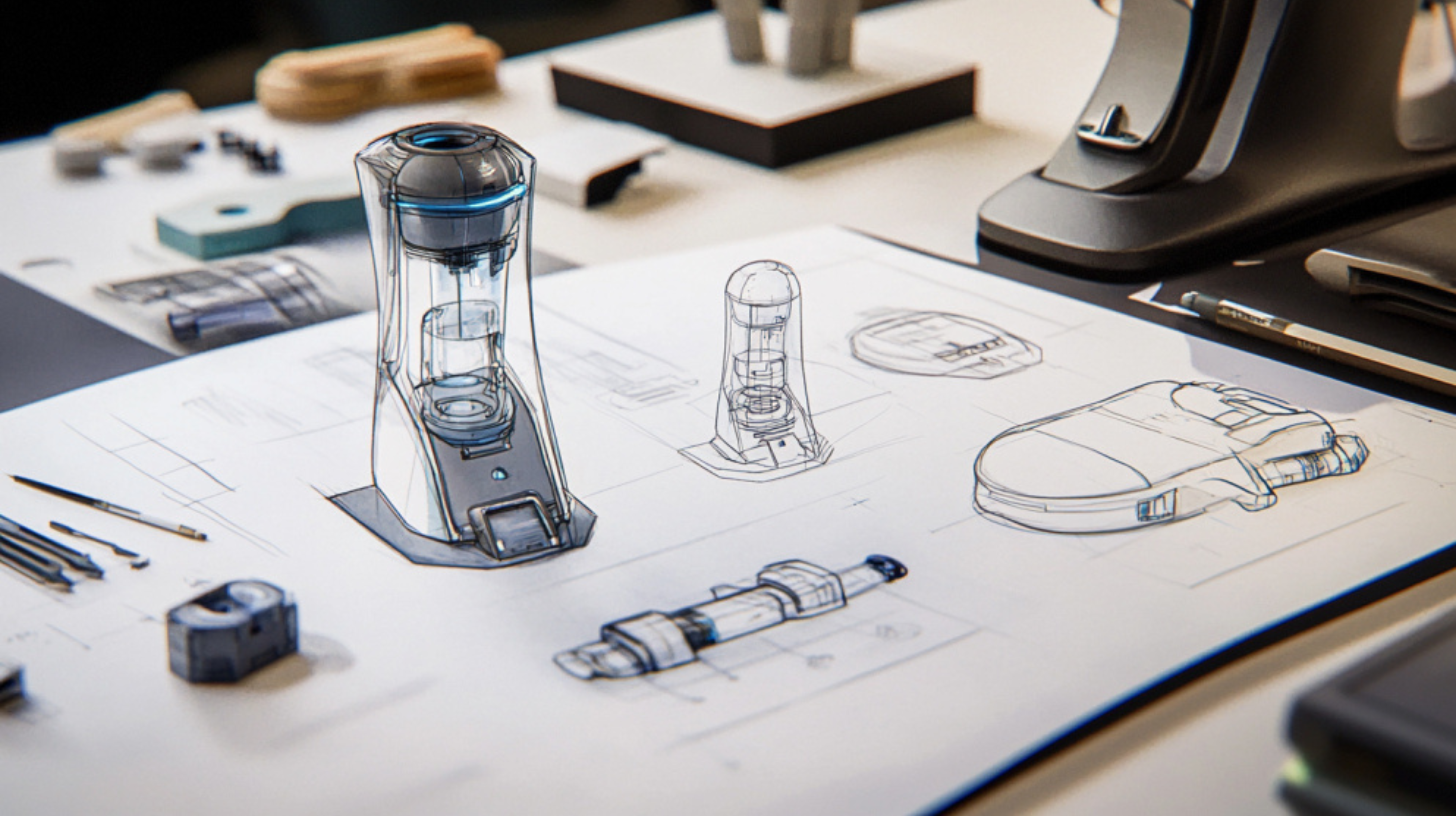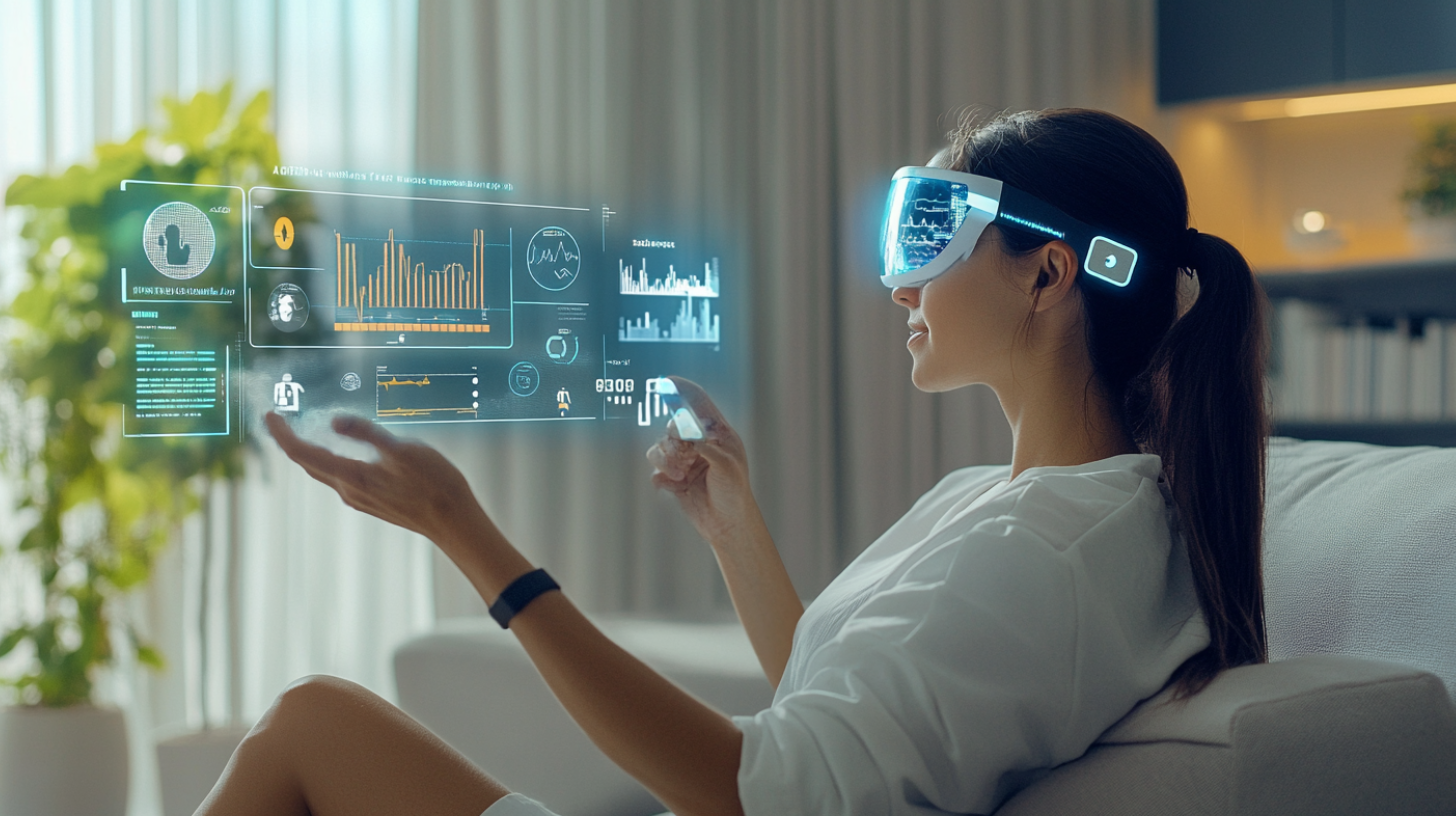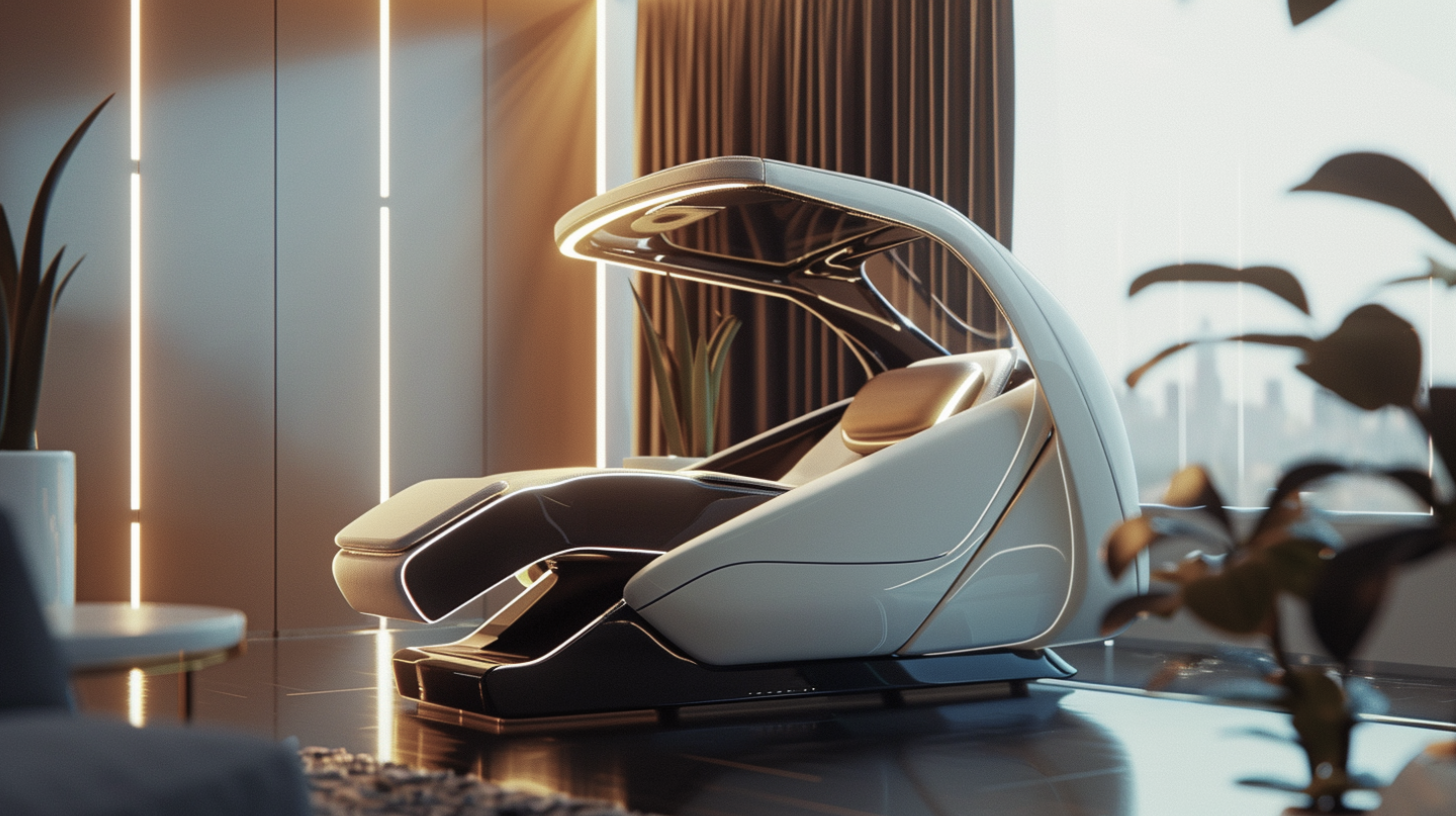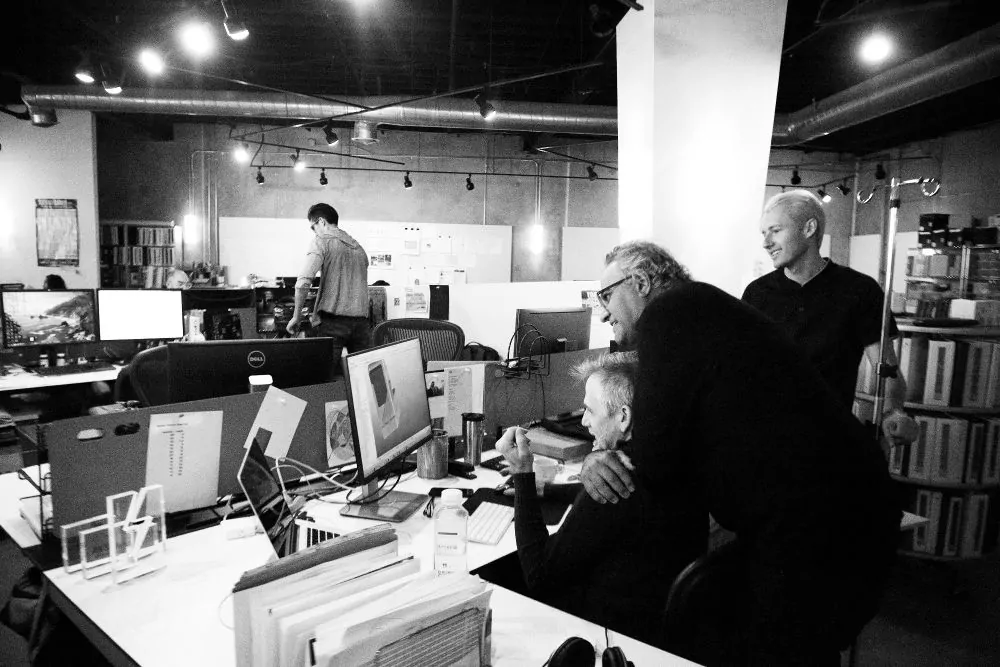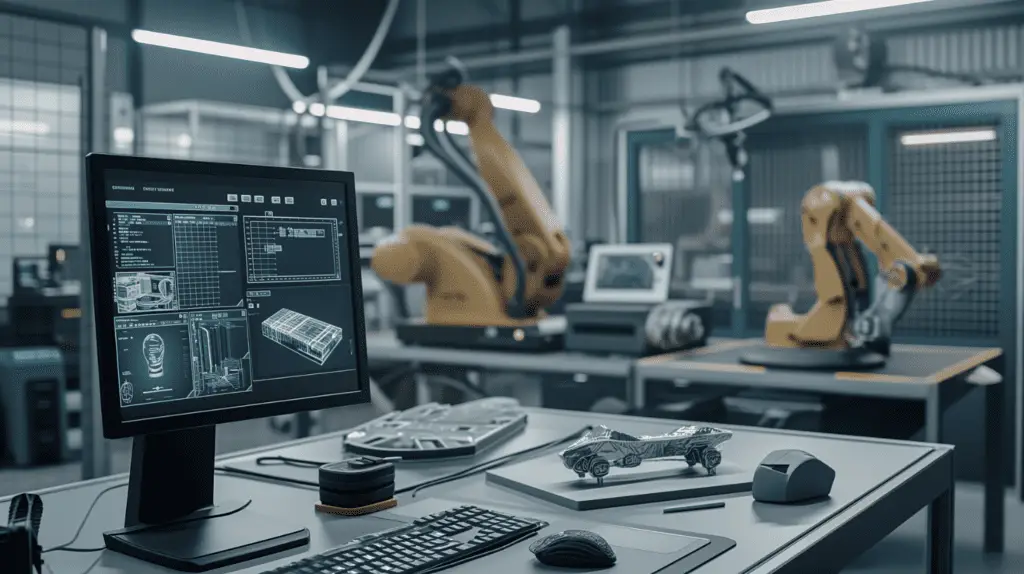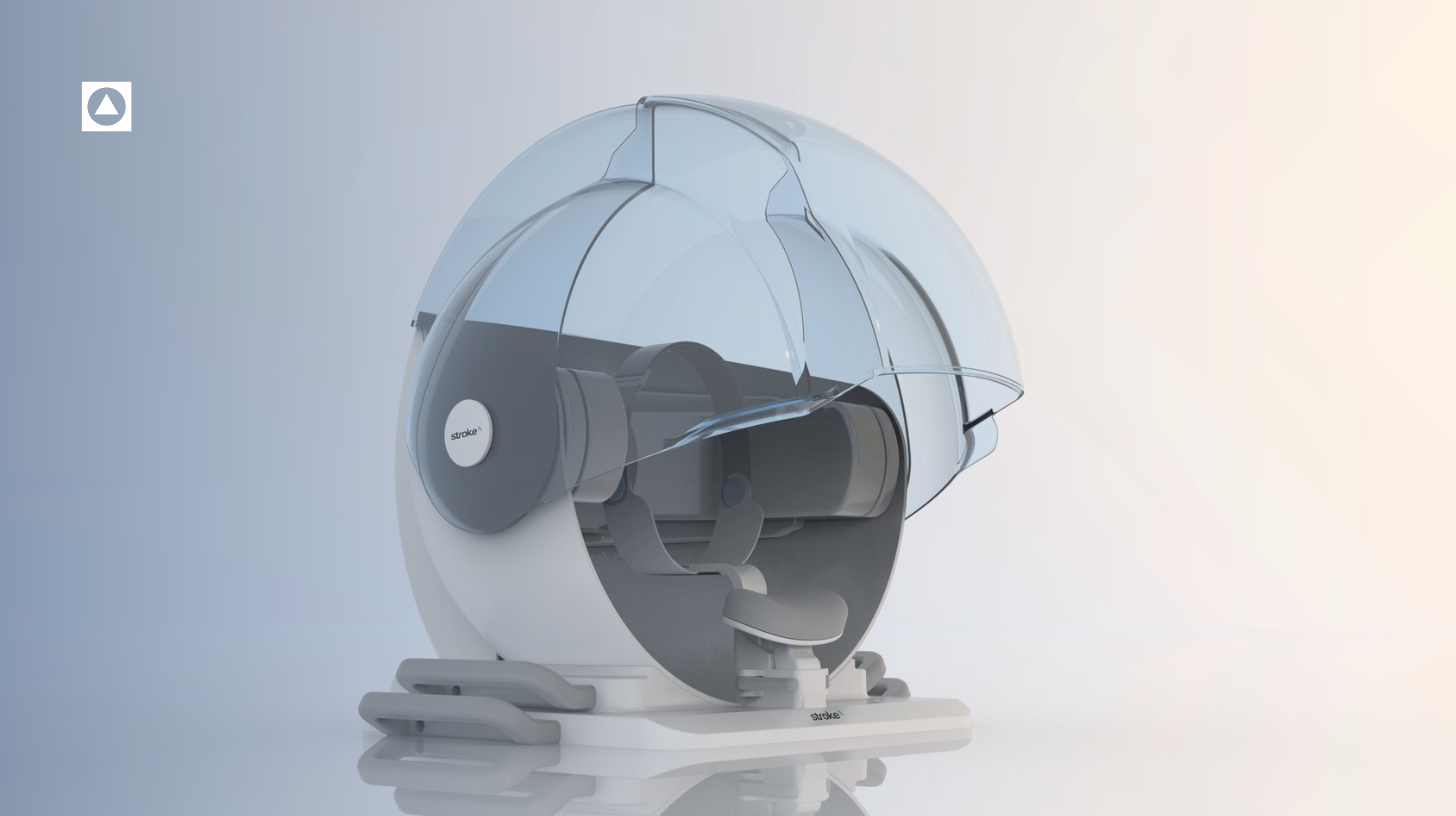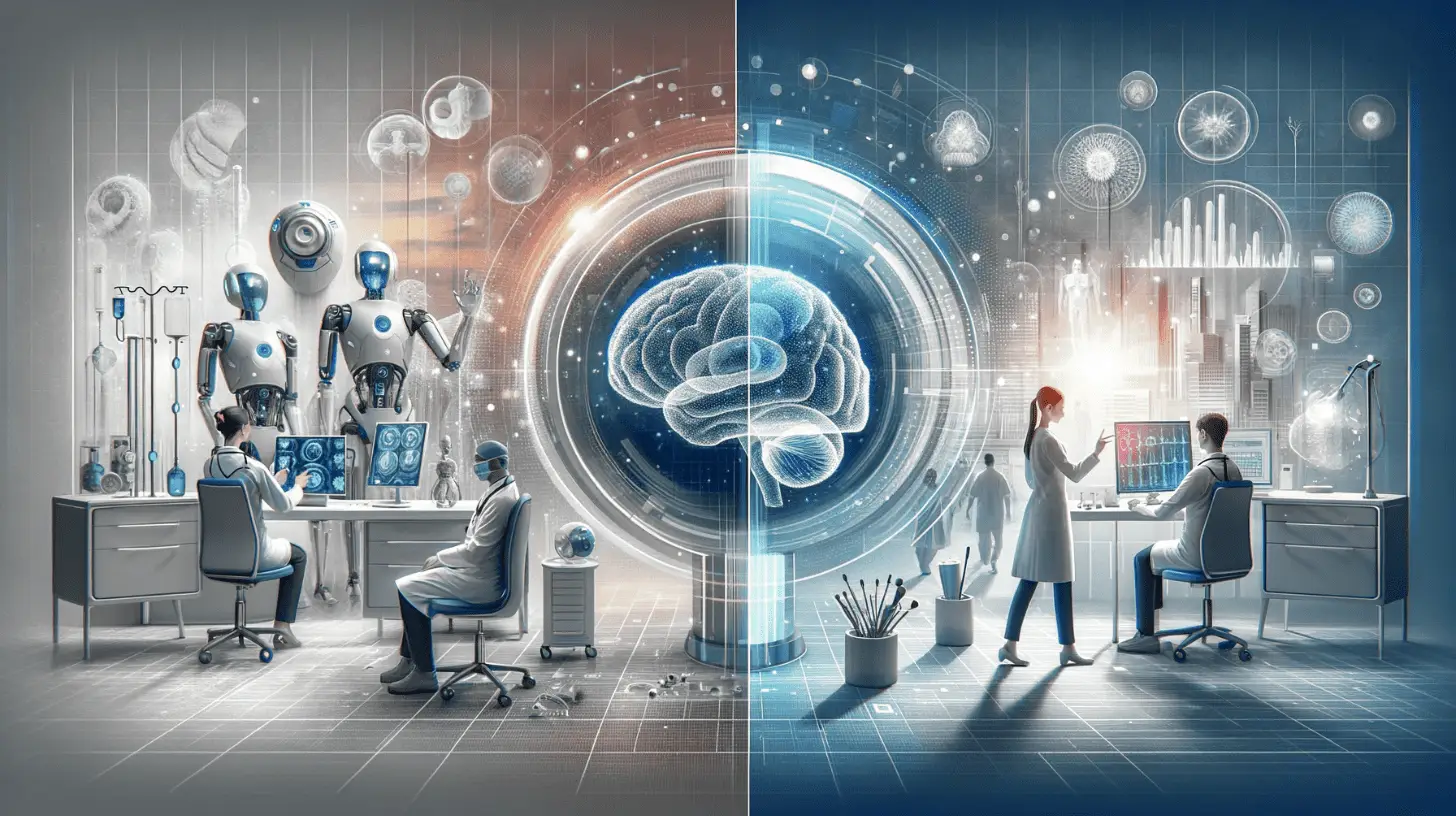As we enter 2024, we see engineering roles converging, virtual prototyping making significant strides, and blockchain playing a pivotal role in instilling transparency into the supply chain. As designers, it is in our nature to push the boundaries of creativity, and 2024 has the potential to be a pivotal year.
01.
Engineering is Engineering is Engineering
“The more one engineer knows about these domains, the more effective they can be in solving complex problems, creating new intellectual property, and mitigating the risk of projects.”
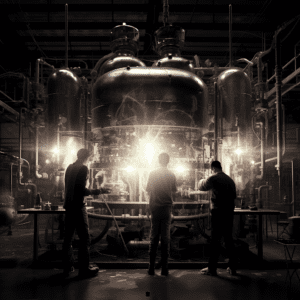 Complex product development projects result from a balance of roles and responsibilities that can produce innovative new products when combined. There are various skills and roles that contribute to product development projects, whether it be designers, mechanical engineers, software engineers, electrical engineers, or industrial engineers – they all make an impact. In the 2024 realm of product development, we can see a convergence of some of those roles, specifically engineering roles. As new products increasingly become a symphony of mechanical, software, and electrical engineering, these skills also become deeply intertwined. The more one engineer knows about these domains, the more effective they can be in solving complex problems, creating new intellectual property, and mitigating the risk of projects. In recent years, we have seen a convergence of engineering roles, where some of our industrial engineers are pretty good at electrical engineering, or one of our manufacturing engineers has noteworthy skills in CAD engineering. In 2024, we will see more engineering roles drawn from an integrated skillset and prompt product development environments (like RKS) that nurture cross-disciplinary collaboration. As engineering roles evolve, product development can also emphasize the importance of a holistic approach in crafting the products of tomorrow.
Complex product development projects result from a balance of roles and responsibilities that can produce innovative new products when combined. There are various skills and roles that contribute to product development projects, whether it be designers, mechanical engineers, software engineers, electrical engineers, or industrial engineers – they all make an impact. In the 2024 realm of product development, we can see a convergence of some of those roles, specifically engineering roles. As new products increasingly become a symphony of mechanical, software, and electrical engineering, these skills also become deeply intertwined. The more one engineer knows about these domains, the more effective they can be in solving complex problems, creating new intellectual property, and mitigating the risk of projects. In recent years, we have seen a convergence of engineering roles, where some of our industrial engineers are pretty good at electrical engineering, or one of our manufacturing engineers has noteworthy skills in CAD engineering. In 2024, we will see more engineering roles drawn from an integrated skillset and prompt product development environments (like RKS) that nurture cross-disciplinary collaboration. As engineering roles evolve, product development can also emphasize the importance of a holistic approach in crafting the products of tomorrow.
02.
Blockchain Integration
“This transformative step turns consumers from purchasers into informed participants in a supply chain ecosystem“

The integration of blockchain represents a paradigm shift in how we perceive, manage, and interact with the products we consume. With each step towards immutable and shared ledgers for product components, designers, engineers, and clients can more effectively track and account for each element. From product liability and sustainability perspectives, this change will be slow and transformative.
By embracing blockchain from a foundational level, companies are not just adopting cutting-edge technology but laying the foundation for a transparent, ethical, and accountable future. This transformative step turns consumers from purchasers into informed participants in a supply chain ecosystem committed to integrity and sustainability.
03.
Virtual Prototyping
“Virtual prototyping goes beyond being just a tool; it embodies a mindset that presents a unique opportunity for innovation.“
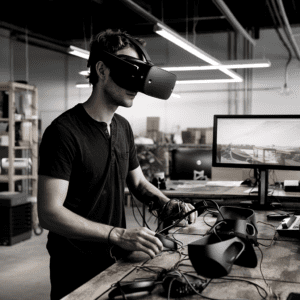
In 2024, virtual prototyping will revolutionize product development by offering designers transformative capabilities. It allows them to test and refine concepts in a virtual realm before creating physical prototypes. This not only accelerates project timelines but also optimizes the allocation of critical resources towards prototypes that bring higher value to the product development process. Virtual prototyping goes beyond being just a tool; it embodies a mindset that presents a unique opportunity for innovation. This approach demands heightened creativity and responsiveness from product development teams. Like how designers grapple with ethical considerations in AI applications, integrating virtual prototyping requires a thoughtful and comprehensive approach. It recognizes the importance of physical prototypes, engaging our five senses, and promotes the effective and responsible use of virtual prototypes in the ever-evolving landscape of product development.

